Finnish social well-being and healthcare data reserves are unique internationally thanks to the long history of collecting data and its compatibility with other systems. Following the discovery of this treasure chest of data, officials want to plunder it for raw material for research and the development of services. A lot of good will come from this: better treatment and new targeted drug therapies. But do we remember to think of the source of the data, the people, often enough?
Large official institutions are more often than not central to achieving societal change. As an example, our Isaacus project includes the Ministry of Social Affairs and Health, the National Institute for Health and Welfare and Statistics Finland. One authority is taking care of reforming legislation and another is figuring out how to make it all work in practice. The shared aim is that, one day, legislation will enable the use of social welfare and healthcare data more efficiently, and in a practical way, too.
But is there someone missing from the process? Have all parties been heard? And whose information are we handling here? Exactly. Everybody’s – customers, patients, municipal residents; all Finnish people. Whichever way you look at it, it concerns every one of us.
The idea that the people’s voice needs to be heard better arose during the project. From the first stages of the Isaacus project, it has been clear that individual viewpoints will have a central role. For some reason, it has been difficult to make it happen in a concrete way. This is partly due to the fact that the Digital Health HUB, whose operational plan the project follows, will not actually provide direct services to individuals. Or not at the very start, at least. But that does not mean that the people’s viewpoint should not be heard while building the new operator.
The participants in the project were eager to hear what people outside Sitra think of our work. With this goal in mind, we managed to put together a great group and organised a workshop series this spring with the HUS Virtual Hospital project (the Hospital District of Helsinki and Uusimaa, HUS). On three separate occasions during the workshops, we inspected the secondary use of social welfare and healthcare data from different perspectives. At this point, I can tell you that it is not a bad idea at all to get an outside perspective on your work.
So, what did the workshops teach us? The subject brought up many questions and thoughts. The most important thing was open and clear communication. We need to honestly report possible risks, and who stands to benefit and how. Many were concerned about information security. Officials need to be able to communicate how Finnish people’s sensitive personal data has been secured, who is using it and where you can get more information. Revenue models and the use of MyData were also discussed. Someone even posed the question of whether or not people could sell their own data.
For me, the most important thing that arose was the importance of successful communication. How do I and others benefit from using my healthcare data? The benefit of using social welfare and healthcare data more efficiently may not be of direct value to a single citizen, yet important for all Finns as a whole. Regarding the workshops, I can say that working together was rewarding and inspiring! We now have much more information that we can use to move forward.
The Isaacus – Digital Health HUB currently under development will combine well-being databases and their users in a seamless and safe manner. This will allow engagement of individuals, the promotion of well-being and the creation of a well-being and health ecosystem that is constantly learning. The Isaacus blog series gives experts the opportunity to shed light on the topic from their own perspective.
#isaacus
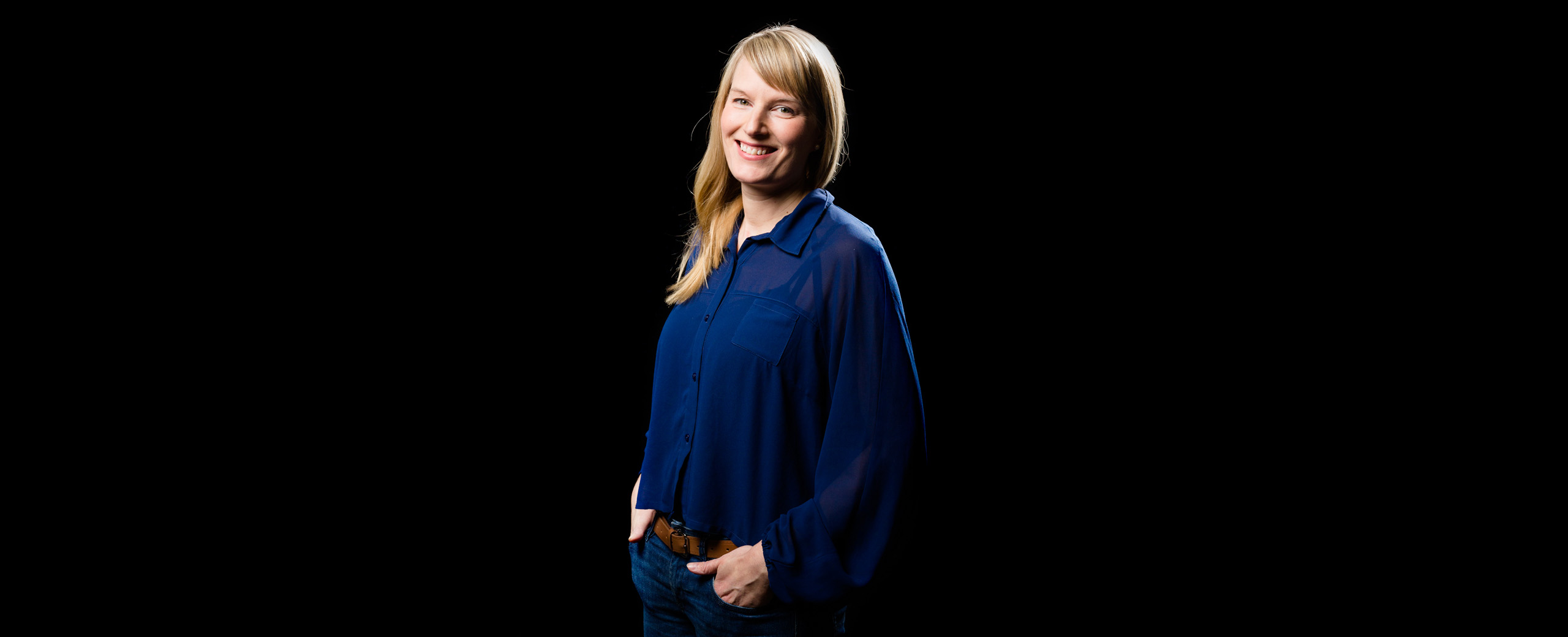





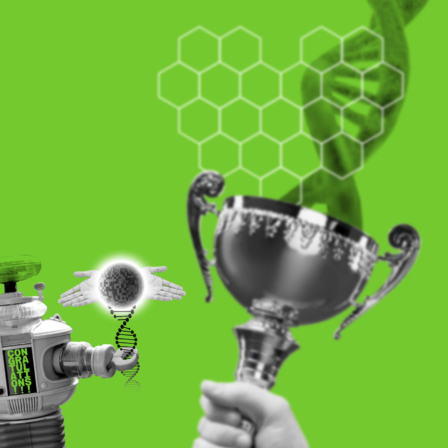
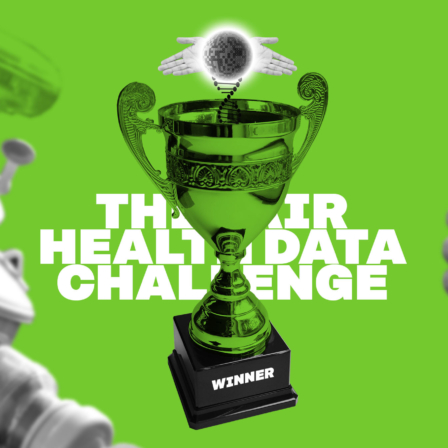
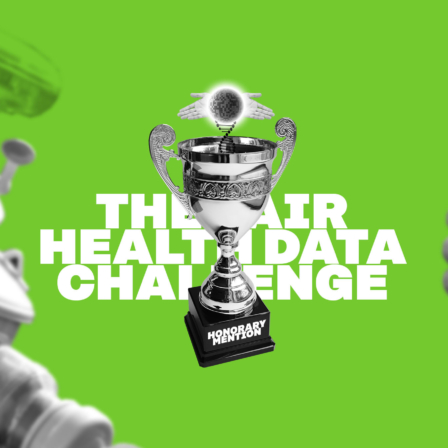




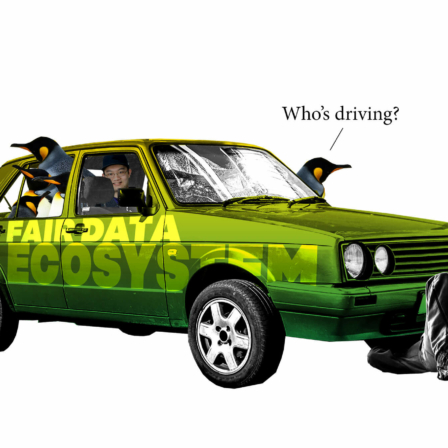
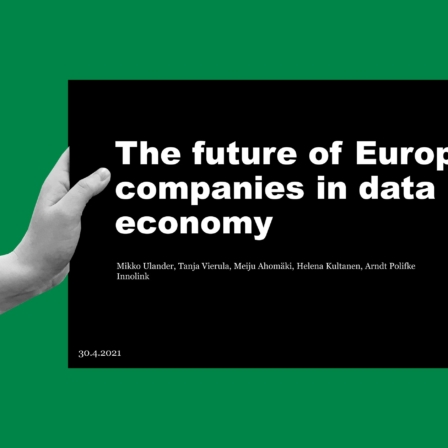


Recommended
Have some more.